Life
Sign up for our newsletter
We summarize the week's scientific breakthroughs every Thursday.
-
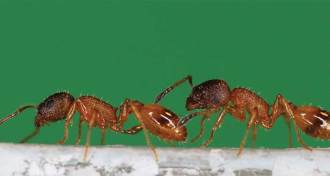 Animals
AnimalsRock ant decisions swayed by six-legged social media
When rock ants start influencing each other with one-on-one social contact, a colony’s collective decisions can change.
By Susan Milius -
 Oceans
OceansCorals need to take their vitamin C
Newly settled corals use vitamin C to help build their stony skeletons, researchers propose.
-
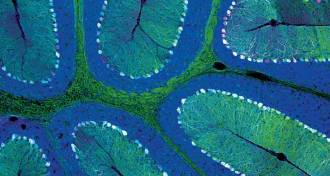 Neuroscience
NeuroscienceBrain cells aglow after viral delivery
The virus AAV-PHP.B proves best at delivering genes to brain cells in mice. Similar viruses may eventually be used for gene therapy in humans.
-
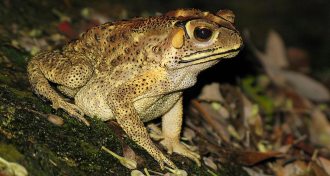 Animals
AnimalsInvasive toads will probably overrun Madagascar
A new report finds that eradicating invasive Asian toads before they overtake all of Madagascar is “not currently feasible.”
-
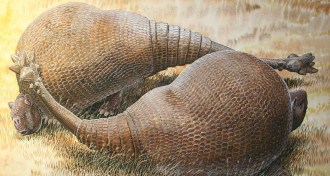 Paleontology
PaleontologySurprise! Ancient armadillos are related to modern armadillos
DNA evidence proves that ancient glyptodonts are indeed related to today’s armadillos, as Charles Darwin suspected.
-
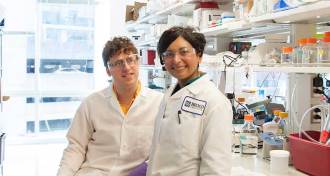 Genetics
GeneticsPrion disease gets personal
Diagnosis of a brain-wasting disease drove a married couple into science.
-
 Animals
AnimalsWithout a ban on trade in old ivory, elephant killing continues
Samuel Wasser has been working to track down where poached ivory comes from. But to stop the killing, he says, a ban on the ivory trade is necessary.
-
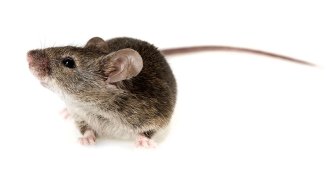 Genetics
GeneticsDads pass health effects of stress on to sons, mouse study finds
In mice, males exposed to repeated psychological stress developed high blood sugar — and so did their unstressed male offspring.
-
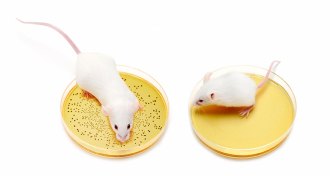 Microbes
MicrobesMissing gut microbes linked to childhood malnutrition
The right mix of gut microbes could prevent kids from succumbing to malnutrition.
By Meghan Rosen -
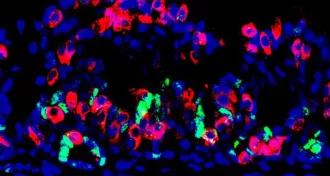 Health & Medicine
Health & MedicineMini-stomachs brew insulin in mice
Scientists transform stomach cells into insulin factories and grow mini-stomachs for diabetic mice.
-
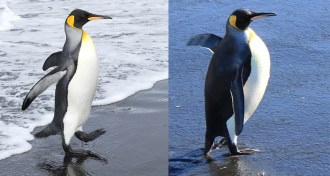 Animals
AnimalsChubby king penguins wobble when they waddle
King penguins’ weight gain makes their waddle a bit wobbly, study suggests.
-
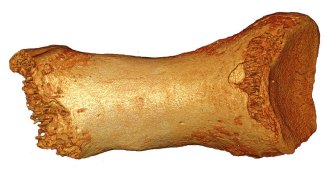 Humans
HumansHuman DNA found in a Neandertal woman
Interbreeding between humans and Neandertals happened earlier than thought, leaving traces in the Neandertal genome.